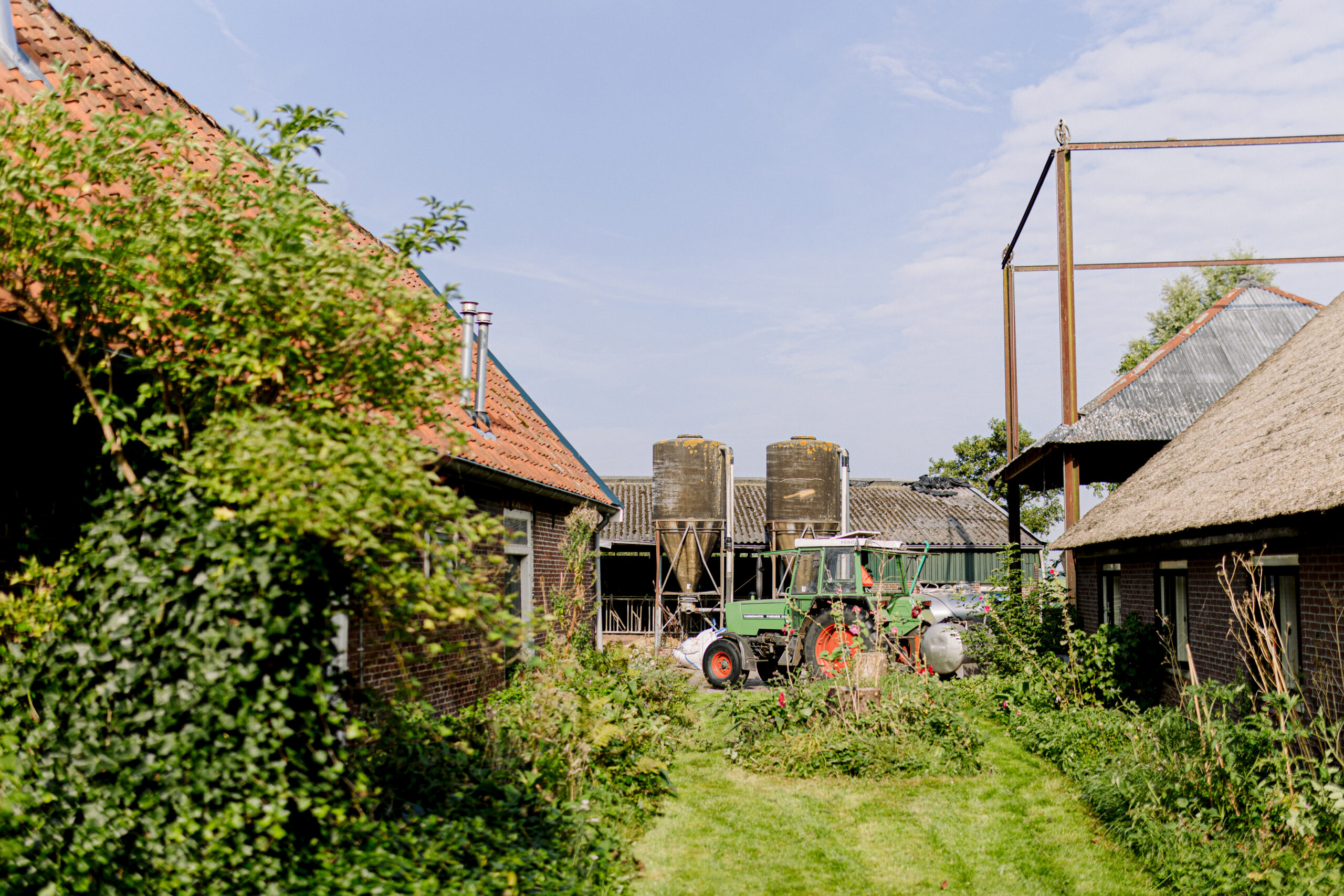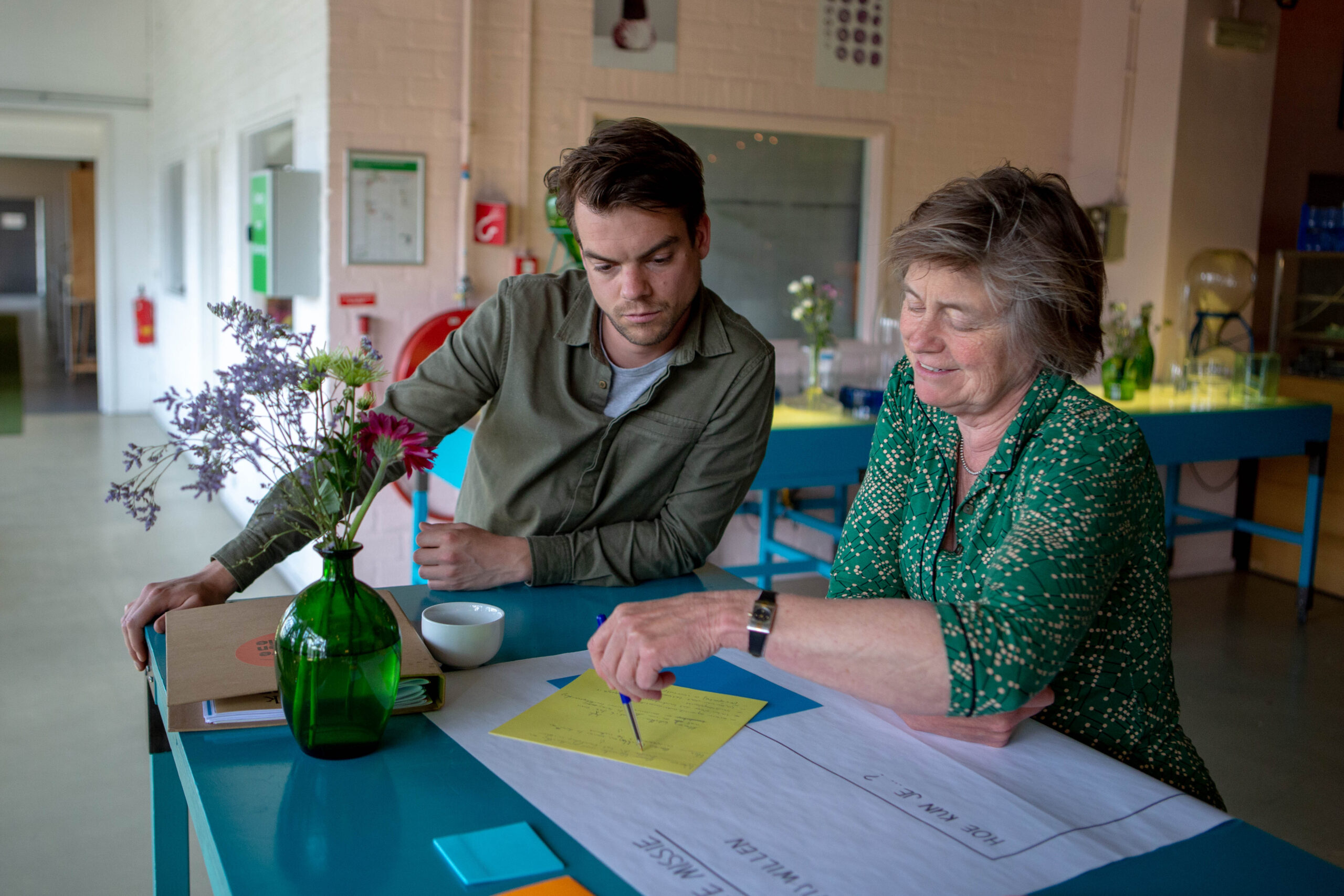Nevenactiviteit voor de boer: een duurzame oplossing?

Van sector naar boerenbedrijf
In november dit jaar publiceerde Rabobank een studie naar de groeiende bijdrage van neveninkomsten in de omzet van landbouwbedrijven. Ze verwachten dat die stroom zal groeien van 1,1 miljard euro nu naar minimaal 3,4 miljard in 2030. Tegen die tijd bedragen neveninkomsten zo’n 11-16 procent van de totale omzet in de sector.
Dat neveninkomsten groeiende zijn is duidelijk. Voor een deel van de boeren zal het zelfs inhouden dat de neveninkomsten de hoofdbron zullen worden. Een belangrijke constatering van Rabobank hierin is dat vooral commerciële activiteiten een hoofdrol spelen. Een deel daarvan zijn activiteiten op de boerderij voor consumenten zoals een boerderijwinkel, kinderdagopvang of zorgtak. Andere activiteiten zoals energieopwekking zijn ook op de consumentenmarkt gericht. Subsidies voor onder andere natuurbeheer zullen een kleiner deel van de totale omzet uitmaken.
“Dat neveninkomsten groeiende zijn is duidelijk. Voor een deel van de boeren zal het zelfs inhouden dat de neveninkomsten de hoofdbron zullen worden.”

Verbreding als oplossing?
Nevenactiviteiten zijn natuurlijk heel interessant voor boeren die financiële uitdagingen op zich af zien komen. Met name wanneer de inkomsten uit het reguliere bedrijf afnemen, of een gewenste transitie (tijdelijk) voor minder inkomsten zal zorgen, wordt vaak gekeken naar een verbreding.
Voor de boer die deze overweging aan het maken is, zijn er twee belangrijke waarschuwingen. De eerste is dat de nieuwe tak die je wilt gaan ontwikkelen er wel een moet zijn die bij je past. Dat klinkt simpel genoeg, maar ik stel toch vaak de vraag aan de keukentafel: “Waarom wil je een boerderijwinkel of zorgtak als je eigenlijk weinig behoefte hebt aan veel mensen op je erf?”.
De tweede is dat je zelf niet oneindig deelbaar bent. Een extra activiteit kost extra tijd. Tijd die je er zelf in moet stoppen, of die je moet inhuren. En dan kan een nieuwe activiteit opeens financieel gezien een stuk minder interessant worden.
Een nieuwe activiteit moet niet alleen duurzaam voor mens, planeet en financieel winstgevend voor de boer/ondernemer zijn. Het moet ook duurzaam zijn voor de ondernemer als mens, die goed na moet denken of een nieuwe activiteit past bij de eigen intrinsieke motivatie. Het is tenslotte de boer die uiteindelijk de kar moet trekken.

Over Jeroen van IJzerloo
Jeroen van IJzerloo is algemeen directeur van Food Hub en als financieel expert verbonden aan De Nieuwe Boerenfamilie. Hij helpt boeren, onder andere in De Boerenversneller, om hun dromen om te zetten in een goed doorgerekend businessmodel waarmee ze verder kunnen.